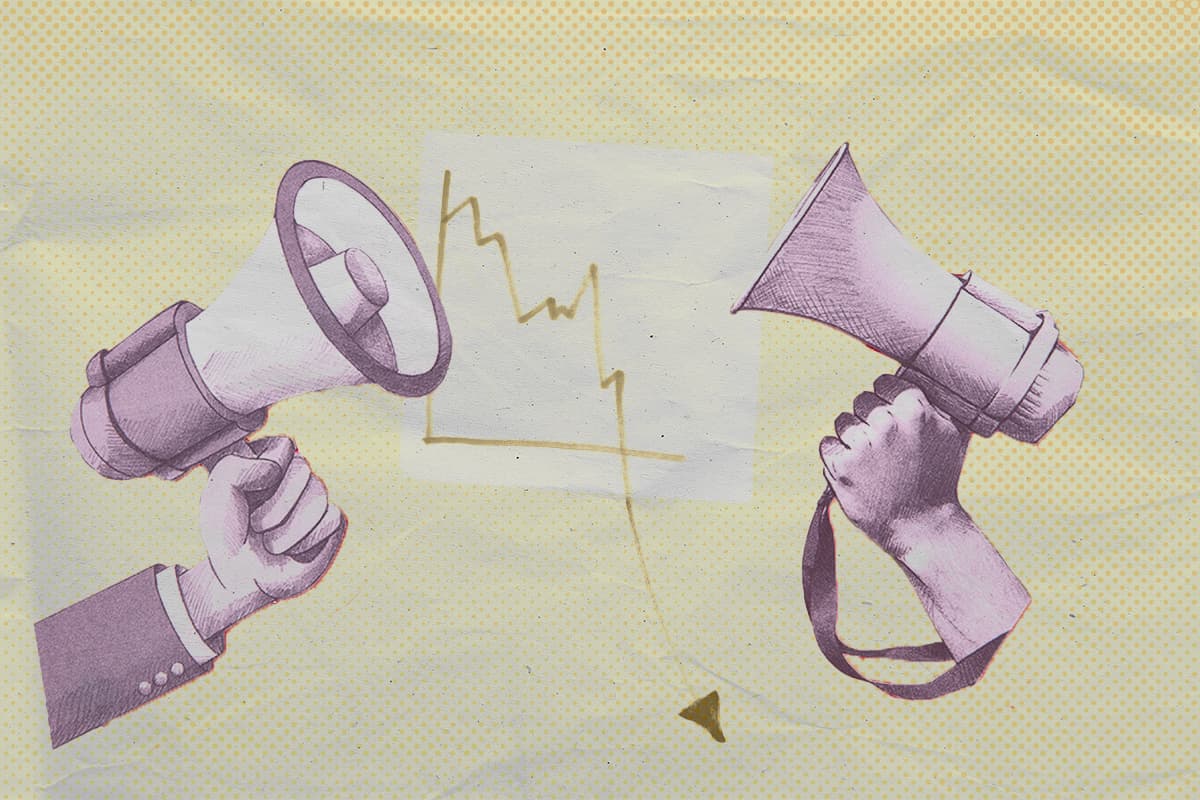Those entrenched within the inner circle of the Nezam, along with its steadfast supporters and those committed to its continuity, are sounding the alarm over the nation’s escalating economic challenges and deep-seated grievances. They caution that these factors are exacerbating the gap between the populace and the establishment, with ill-advised measures such as the aggressive enforcement of hijab and unjust death sentences for dissenting voices fueling a volatile environment reminiscent of past protests. Meanwhile, hardliners and administration loyalists dismiss these concerns with baseless claims and superficial rhetoric, resorting to fear mongering tactics to discredit these warnings.
Economic woes have taken center stage, with prominent clerics like Naser Makarem-Shirazi and Hosein Nuri-Hamadani issuing increasingly dire warnings. While these admonitions may be viewed as attempts to balance their support for hijab enforcement, other outspoken reformist clerics sound more urgent alarms. They highlight mounting grievances corroding social cohesion, diminishing religiosity, and ultimately undermining the regime. Double standards in addressing hijab non-compliance versus alleged corruption cases, such as that of Kazem Seddiqi, underscore concerns about judicial credibility, as shown by the cleric Hosien Ansari-Rad. Shiite source of emulation Hosein Mazaheri urges authorities to tackle economic challenges, particularly for the youth, to stem emigration and address declining participation. Senior cleric Asghar Nazemzadeh-Qomi, a respected figure in Qom, vehemently criticizes the recent controversial death sentence handed down to singer/rapper Tumaj Salehi, questioning its validity on Sharia grounds. Urging authorities to heed public sentiment and prevent further erosion of respect for religion, the 80-year-old cleric warns of the potential for renewed public unrest reminiscent of the 2022 protests. In a series of consistent warnings, Nameh News, an outlet close to the Combatant Clergy Association, underscores the undeniable role of economic challenges, partly exacerbated by sanctions, in widening the divide between the people and the establishment—a divide reaching critically dangerous levels due to major corruption scandals, oppressive measures against the populace, and the erosion of civil society. Matters could once again reach a boiling point, as witnessed in the most recent nationwide protests. Moderate conservative politician Mohammad Mohejeri concurs, suggesting that addressing economic woes could foster unity. According to Mohajeri, despite warnings dating back to 2019, decision-makers chose to ignore the signs, focusing on policies they believed would fortify the regime’s ideological foundation. This approach has backfired, triggering a noticeable backlash reflected in declining participation in the past three elections. For their part, reformist-leaning observers assert that internal challenges, resulting from domestic policies, pose a greater threat than external ones, suggesting the Islamic Republic’s most formidable adversary is itself.
The recent intensified crackdown on hijab, the persistence in retaining the controversial and corrupt Friday prayer leader of Tehran, and the decision to extend the weekend to include Thursday instead of Saturday all underscore the hardliners’ stance towards internal challenges. Essentially, the hardliners in power perceive acquiescence to public demands as a sign of weakness and fear that it may lead to concessions incongruent with the regime’s ideology. At the same time, they appear determined to appease their minority support base and uphold order through forceful measures.
As for the management of economic conditions, there is little evidence to suggest strategies such as reliance on neighbors, de-dollarization, and joining international pacts such as the Shanghai Cooperation Organization and BRICS have improved economic conditions. Instead, the administration and its allies are increasingly endeavoring to shape the narrative surrounding economic conditions. Their efforts span from suppressing reports depicting a bleak outlook on life in Iran to accusing critics of ignorance or political manipulation and planning to generate media content highlighting the “achievements” of the Ra’isi administration.







